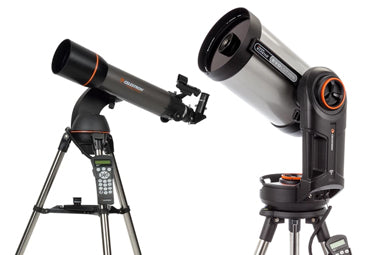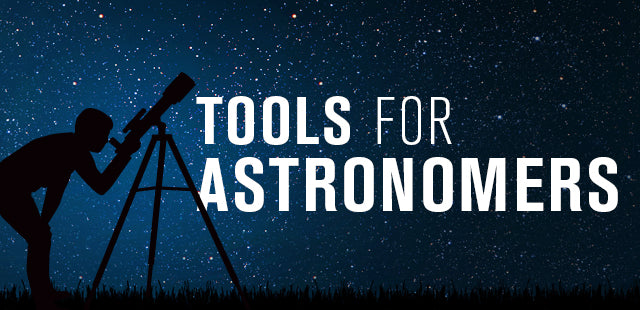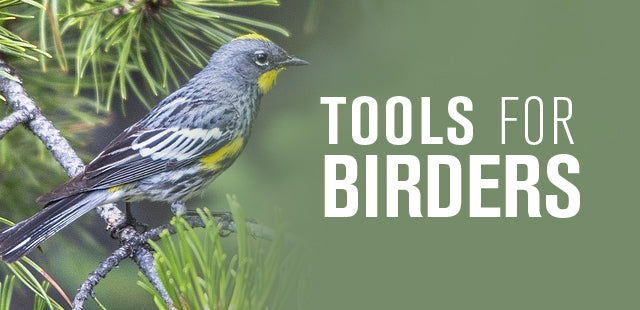Animal Behavior During Solar Eclipses: Fact or Fiction?
July 26, 2023

Unlike humans, who are primarily active during daylight hours, most mammals increase their respective activities as night falls. However, what happens when darkness falls suddenly and unexpectedly, such as during a solar eclipse? It's a question many have asked. Anecdotal evidence dating as far back as 1544 has suggested that birds and mammals suddenly switch to their regular nighttime routines when the Moon obscures the solar disk and a false "nighttime" covers the landscape. However, is there any scientific evidence for it?
Researchers have examined the question using structured and controlled experiments since at least 1932. During that year's solar eclipse, a team of researchers in New England, led by William Morton Wheeler, conducted a short-duration behavioral bio-blitz. Their findings showed that animals do behave differently during an eclipse. This research marked an important milestone in scientifically documenting the phenomenon.
More recently, a team of researchers made a study during the 2017 North American solar eclipse of seventeen animal species at the Riverbanks Zoo in Columbia, South Carolina, to test Wheeler's observations. They found that "approximately 75% of observed species exhibited a behavioral response to the eclipse, with the majority of these animals engaging in their established evening or nighttime behaviors."
As darkness fell, African Elephants went to their evening enclosures, the Western Lowland Gorillas gathered at their den entrances, and even birds such as the Tawny Frogmouth, Major Mitchell's Cockatoo, and Masked Lapwings all increased their activity, as they do each day at dusk.
The 2017 observations included widespread signs of something not noted in 1932: anxiety on the part of many mammals and birds. From the flamingos to the baboons, the giraffes, and even the dominant male gorillas, researchers noticed unusual behaviors consistent with increased anxiety as the sky began to darken at a time very much out of the ordinary.
So the next time you observe a solar eclipse, make it a point to be aware of what any nearby mammals and birds are doing. Are the squirrels suddenly becoming more active? Do you notice any bats flitting about? Are the birds suddenly singing more vigorously? Does your dog or cat suddenly seem nervous? You may be witnessing something that scientists are still actively seeking to prove.


























